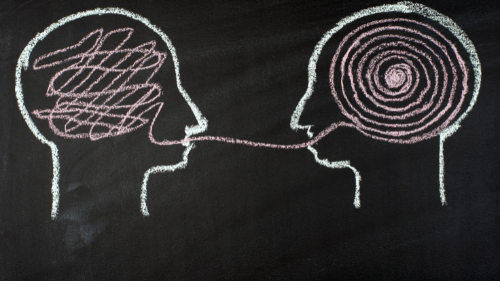The Danger of Being Too Rational and Why Overthinking Can Destroy You
Thinking is
essential, but overthinking becomes a silent enemy. When you analyze every
detail, every possibility, and every scenario, you enter a cycle of
overanalysis that wears down your mind and emotions. This phenomenon, known as
overthinking, drains your energy and blocks your ability to make decisions and
enjoy the present.
Extreme
rationality disconnects you from your emotions. You become a prisoner of logic,
and any decision becomes an endless dilemma. Life, however, is not just logic;
it is also intuition, emotion, and spontaneity. Wanting to control everything
from the mind ends up paralyzing you and creating a barrier between what you
feel and what you do.
How
Overthinking Harms Your Emotional Well-being
When your
mind does not rest, neither does your body. Excessive thinking turns into
anxiety, insomnia, and mental exhaustion. Additionally, overanalysis increases
self-criticism: you punish yourself for past mistakes and worry about futures
that may never happen. This cycle of negative thoughts undermines your
self-esteem and prevents you from moving forward.
Overthinking
also affects your relationships. If you analyze every word or action, you fill
yourself with suspicions or insecurities that end up distancing you from
others. Excessive rationality extinguishes empathy and turns human interactions
into calculations instead of genuine connections.
How
to Regain Balance Between Mind and Emotion
To break
the cycle of overthinking, you need to learn to balance your mind and heart.
Practicing mindfulness helps you observe your thoughts without judging them and
return to the present. Accepting that you cannot control everything and that
some decisions are made from emotion is liberating.
However, if
you feel that your mind does not stop and that overanalysis has become a
burden, seeking professional help is essential. In therapy, you will discover
the roots of your overthinking and learn to manage it without losing your
analytical ability.
RewPaz



